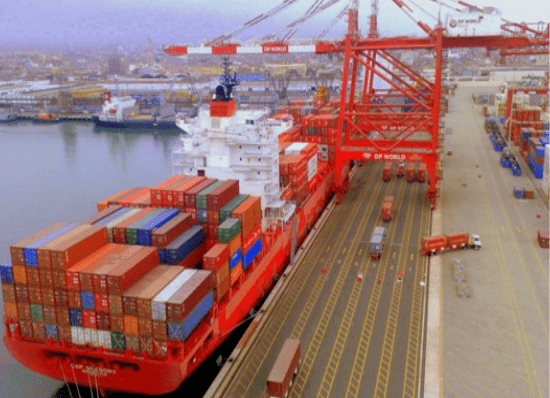International trade and the jobs derived from imports and exports are important to Canada.
International trade supports one in six jobs in Canada and accounts for 2.3% of world trade, despite representing only 0.5% of the world’s population, according to a trade official in Geneva, Switzerland.
In the past five years, several global events have disrupted international trade, including the Covid-19 pandemic, rising inflation and the Russian invasion of Ukraine, affecting global food and energy security.
In response, Canada has reinforced its commitment to an open, free and rules-based international system that combats protectionism, addresses economic coercion and secures critical supply chains.
This strategy has yielded positive results: Canada’s economy is estimated to have had the second-fastest growth among G7 economies since 2019, and its labor market remains strong with low unemployment rates.
Despite these successes, challenges such as inflation and the rising cost of living persist.
Therefore, Canada’s future policy initiatives will focus on inclusive economic growth to ensure prosperity for all segments of society and future generations.
International trade and jobs
On the global stage, Canada is investing in defense, economic security and humanitarian efforts to promote global stability.
Canada recognizes the importance of the rules-based international order and is committed to strengthening it for a peaceful and prosperous world.
This includes prioritizing a WTO that is relevant, responsive and supports inclusive and sustainable economic growth.
Multilateralism
Canada will leverage a variety of tools, including collaborations with the private sector, academic institutions and other international organizations, to support WTO negotiations and discussions on emerging issues such as industrial policy, trade and environment, and e-commerce.
A key goal for Canada is to achieve a fully functional WTO dispute settlement system, including appellate review, by the end of the year.
In the meantime, Canada helped establish the Multi-Party Interim Appellate and Arbitration Agreement to ensure access to binding dispute settlement.

